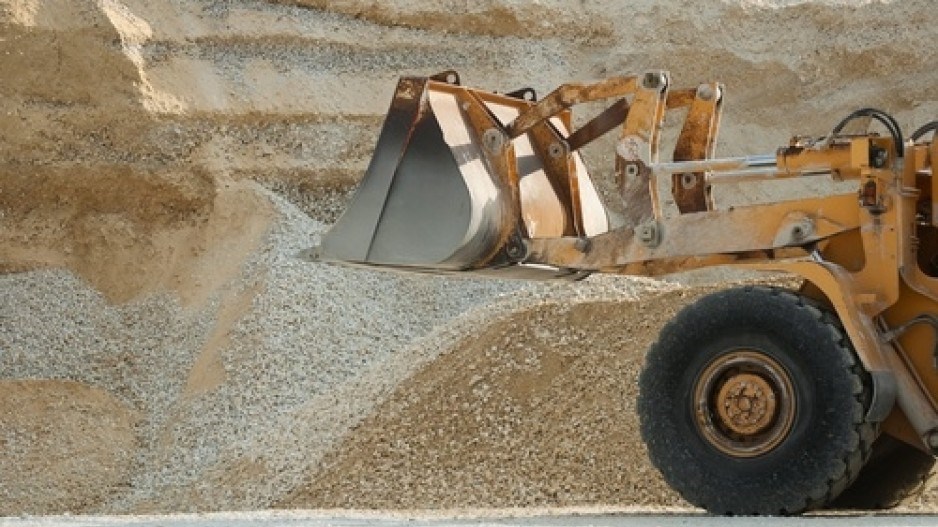Sagging commodity prices seem set to dampen the total value of B.C. mineral exports this year.
According to the latest data from BC Stats, the total value of metallic mineral exports have fallen 12.1% for the first seven months of 2012 to $1.87 billion from $2.12 billion in the same period in 2011.
The declines in value have been almost across the board. The value of molybdenum exports have fallen 17.7% to $131 million from $159 million; copper exports have fallen 14.9% to $926.3 million from $1.09 billion; and zinc exports have fallen 10.6% to $351.2 million from $392.8 million.
Coal exports have remained fairly stable, dipping only 1.3% to $3.71 billion.
Aluminum exports was the only mineral export to post a gain of 3.6% to $252.9 million from $244.1 million.
Much of the export declines have been to key Asian markets. Copper exports have fallen 37% to China and 50% to South Korea so far this year. Molybdenum exports to Japan, a key market for the commodity, has fallen nearly 24%.
On the positive side, the financial issues in the U.S. and the European Union don't seem to have a sizeable negative impact on metals exports. Molybdenum exports to the EU has dropped only 1.1% and have actually risen 22.6% to the U.S. so far this year.
Growing coal exports is another bright spot for the industry. Exports of the energy product has risen 4.7% to the U.S., 10.2% to Japan, nearly tripled to China and risen 250% to India so far this year. Those gains have more than offset a 33% decline in coal exports to South Korea and a 31% drop to the EU.
Despite the mixed results so far, the industry will likely remain near record territory. Total mining-related exports exceeded a record $10.6 billion in 2011.
That should be good news for the tens of thousands of workers in the industry that have consistently higher wages ($30 an hour) than the provincial average ($23.48).




